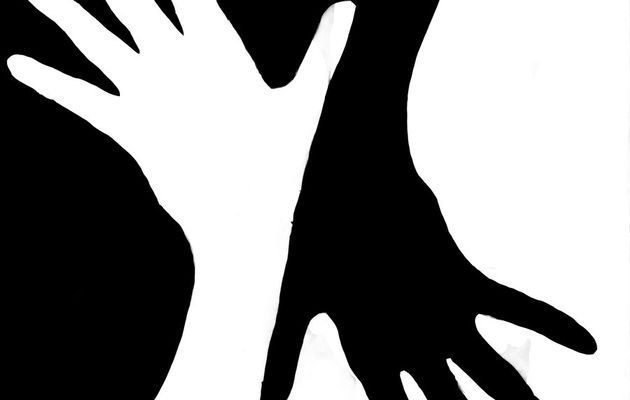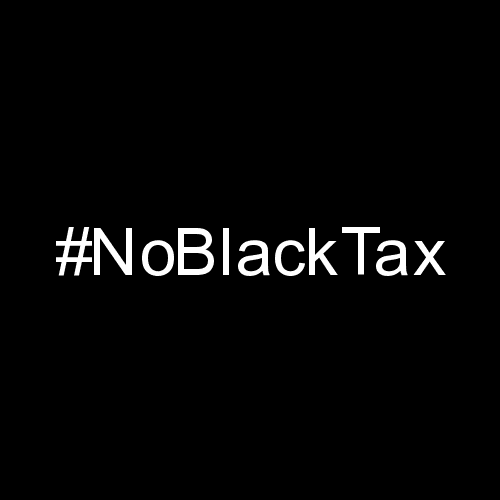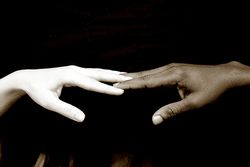
Noting in the early 80s the barbarism and brutal violence visited upon the indigenous people of this beautiful and wealthy land; when foreigners from Europe arrived on South Africa’s shores in the seventeenth century, the former president Thabo Mbeki, in his capacity then as ANC publicity secretary wrote thus: ‘South Africa was conquered by force and is today ruled by force. At moments when White autocracy feels itself threatened, it does not hesitate to use the gun. When the gun is not in use legal and administrative terror, fear, social and economic pressures, complacency and confusion generated by propaganda and ‘education’, are the devices brought into play in an attempt to harness the people’s opposition. Behind these devices hovers force. Whether in reserve or in actual employment, force is ever present and this has been so since the white man came to Africa.’
Addressing the National Assembly over a decade later on 29 May 1998 now wearing the robes of a State Deputy President, Mbeki lamented the existence of two nations-one black and ‘living’ in a sea of poverty and the other white and comfortably wealthy-despite concerned stakeholders having pledged in 1994 to be build a South Africa that is non-racial, equal and at peace with itself. Four years later after installing a democratic dispensation, a government of the people, South Africa remained racially divided and unequal economically. Thus Mbeki asked two questions: ‘What is nation building and is it happening?’ The then Deputy President proceeded to provide answers to these two short yet complex questions-answers to which hitherto have made him a sworn enemy of both the media and the white community in South Africa, accusing him of racially polarising the nation and finally labelling him a racist. That Mbeki was obviously tipped to succeed Nelson Mandela as head of state the following year was a hard pill to swallow. They made sure that his time in office would be a rough one and they would continue to relentlessly persecute him throughout his presidency until his unceremonious exit from Mahlamba Ndlopfu on 21 September 2008.
In his responses Thabo Mbeki remarked thus of the real South Africa: ‘With regard to the first of these, our own response would be that nation building is the construction of the reality and the sense of common nationhood which would result from the abolition of disparities in the quality of life among South Africans based on the racial, gender and geographic inequalities we all inherited from the past. The second question we posed is – are we making the requisite progress towards achieving the objective of nation building, as we have just defined it!
‘If we elected to answer this question in a polite and reassuring manner, we would answer – yes, we are making the requisite progress. However, I believe that perhaps we should answer this question honestly and deal with the consequences of an honest response, however discomfiting it may be. Accordingly, our answer to the question whether we are making that requisite progress, towards achieving the objective of nation building, as we defined it, would be – no! ‘A major component part of the issue of reconciliation and nation building is defined by and derives from the material conditions in our society which have divided our country into two nations, the one black and the other white. We therefore make bold to say that South Africa is a country of two nations. One of these nations is white, relatively prosperous, regardless of gender or geographic dispersal. It has ready access to a developed economic, physical, educational, communication and other infrastructure. This enables it to argue that, except for the persistence of gender discrimination against women, all members of this nation have the possibility to exercise their right to equal opportunity, the development opportunities to which the Constitution of ’93 committed our country.
‘A major component part of the issue of reconciliation and nation building is defined by and derives from the material conditions in our society which have divided our country into two nations, the one black and the other white. We therefore make bold to say that South Africa is a country of two nations. One of these nations is white, relatively prosperous, regardless of gender or geographic dispersal. It has ready access to a developed economic, physical, educational, communication and other infrastructure. This enables it to argue that, except for the persistence of gender discrimination against women, all members of this nation have the possibility to exercise their right to equal opportunity, the development opportunities to which the Constitution of ’93 committed our country.
‘The second and larger nation of South Africa is black and poor, with the worst affected being women in the rural areas, the black rural population in general and the disabled. This nation lives under conditions of a grossly underdeveloped economic, physical, educational, communication and other infrastructure. It has virtually no possibility to exercise what in reality amounts to a theoretical right to equal opportunity, with that right being equal within this black nation only to the extent that it is equally incapable of realisation.’
Noted for not being comfortable with the truth, the white South Africans would set about a witch hunt against Mbeki and anyone who dared to agree with him. Mbeki has been out of office for almost seven years now and his incisive analysis of South Africa being a country of two nations 17 years ago remains true today. The inequality and racial discrimination of Africans in the land of their forebears continues to be harshly prevalent in 2015. One has to only be an employee in the private sector to notice this sick, stupid system of racism at work. At times this discrimination might not be seen with the naked eye but it is there roaming freely and untamed like the lethal anacondas of the Amazon forest. Just as Mbeki sharply observed earlier on in the 80’s that ‘when White autocracy feels itself threatened, it does not hesitate to use the gun. When the gun is not in use legal and administrative terror, fear, social and economic pressures, complacency and confusion generated by propaganda and ‘education’, are the devices brought into play’. It is as if the former ANC leader was writing this with the modern private sector in mind, for these are the very weapons employed to pacify, purge and ‘harness the people’s opposition’.
Black professionals in the private sector, their academic qualifications and experience notwithstanding, are at the mercy of their white, racist bosses who in most cases are in positions they occupy because of nepotism and cronyism; and not because of their glowing credentials. It is not uncommon to find out that a black engineer whose hard work keeps the lights on in the company earns less than a white secretary whose Matric is probably to be found in the same dungeon as that of the melodramatic SABC COO Hlaudi Motsoeneng. In a recent occurrence a white male with a Graphic Design qualification was appointed to a position of a Technical Support Engineer, an occupation that requires one to have a Diploma or Degree in Electrical/Electronic Engineering or Computer Science. Ladies and gentlemen, if this job was as easy as it is made to be then one would need not to spend three years undergoing rigorous training about the dynamics and complexities of the study of Engineering. Anybody with Grade 9 could do it if it was that simple. But this is common occurrence in the private sector, supposedly the altar of ethics and morality, perfect enough to put the monastery to shame. Take it from here, despite the splashes of newspaper front pages, compared to the private sector, government is a college basketball kid hoping to make it to the pros-a throne comfortably occupied by the private sector.
But yet again, you will never hear of these things from white autocracts, as Mbeki so aptly calls it, is constantly developing, improving and evolving its sophisticated cobwebs of trickery to ‘harness the people’s opposition’ whenever it ‘feels itself threatened’. They might not use the gun as often as they used to do prior to the establishment of the new dispensation in 1994, but ‘legal and administrative terror, fear, social and economic pressures, complacency and confusion generated by propaganda and ‘education’’, like a cocked machine gun, are always there, roaming freely and untamed to contain the nosy African who might think of threatening their comfortable way of living.
Kgotsong!
Article By Seitiso Ntlothebe


One thought on “South Africa, A Country Of Two Nations… By Seitiso Ntlothebe”
Comments are closed.